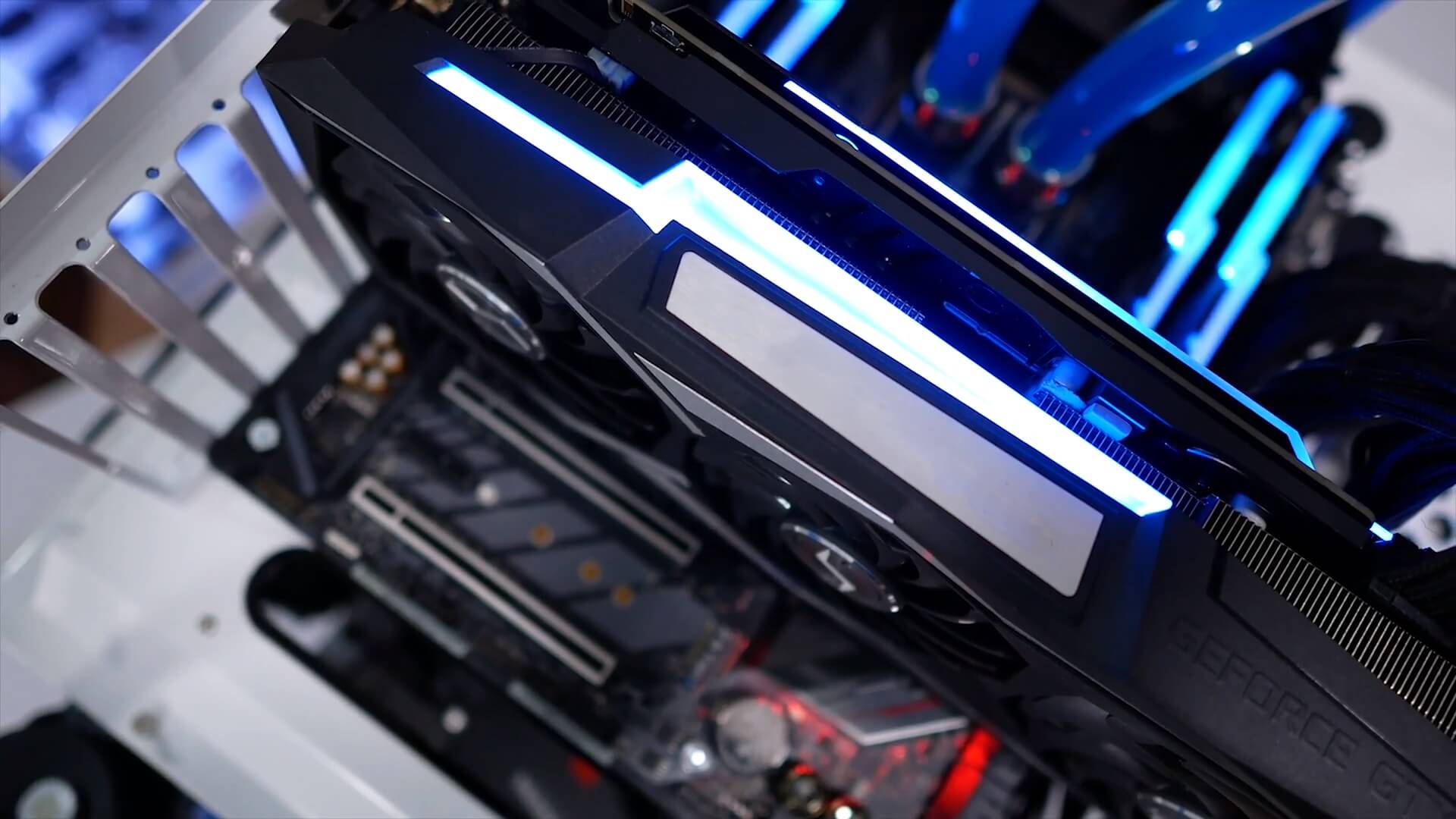#ThrowBackThursday This a topic that's often raised when we do our CPU gaming benchmarks. We perform a ton of CPU and GPU benchmarks tests throughout the year, a big portion of which are dedicated to gaming. The goal is to work out which CPU will offer you the most bang for your buck at a given price point, now and hopefully in the future.
https://www.techspot.com/article/1637-how-we-test-cpu-gaming-benchmarks/
